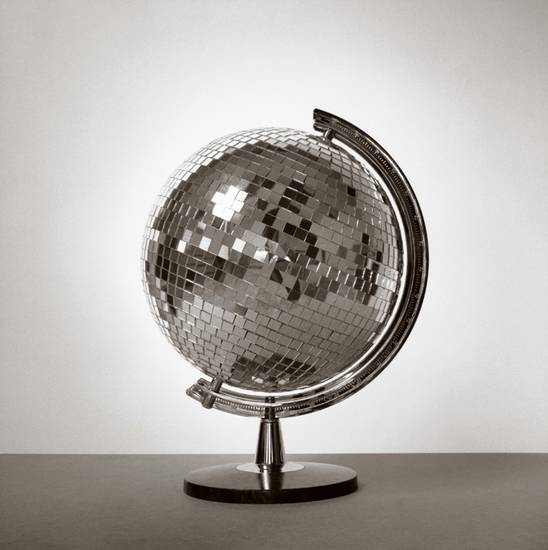“On a very round plate of real porcelain
an apple poses
face to face with it
a painter of reality
vainly tries to paint
the apple as it is
but
the apple won’t allow it
the apple
it has its word to say about it
and several tricks in its bag of apples
and there it is turning
on its real plate
artfully on itself
blandly without budging
and like a Duc de Guise who disguises himself as a gas duct
because they want to draw his portrait against his will
the apple disguises itself as a beautiful fruit in disguise
and it’s then
that the painter of reality
begins to realize
that all the appearances of the apple are against him
and
like the unfortunate pauper
like the poor pauper who finds himself suddenly at the mercy
of no matter what benevolent and charitable and redoubtable
association of benevolence charity and redoubtability
the unfortunate painter of reality
then suddenly finds himself the sad prey
of a numberless crowd of associations of ideas
And the apple turning evokes the apple tree
the earthly Paradise and Eve and then Adam
a watering-can a trellis Parmentier a stairway
Canadian Hesperidian Norman apples Reinette apples and Appian apples
the serpent of the Tennis Court and the Oath of Apple Juice
and original sin
and the origins of art
and Switzerland with William Tell
and even Isaac Newton
several times prizewinner at the Exhibition of Universal Gravitation
and the dazed painter loses sight of his model
and falls asleep
It’s just then that Picasso
who’s going by there as he goes by everywhere
every day as if at home
sees the apple and the plate and the painter fallen asleep
What an idea to paint an apple
says Picasso
and Picasso eats the apple
and the apple tells him Thanks
and Picasso breaks the plate
and goes off smiling
and the painter drawn from his dreams
like a tooth
finds himself all alone again before his unfinished canvas
with right in the midst of his shattered china
the terrifying pips of reality.”
Jacques Prévert

































